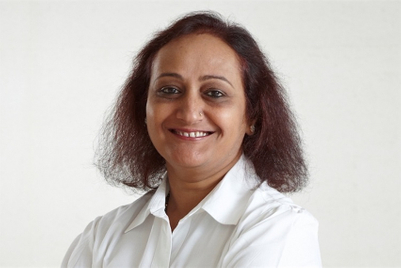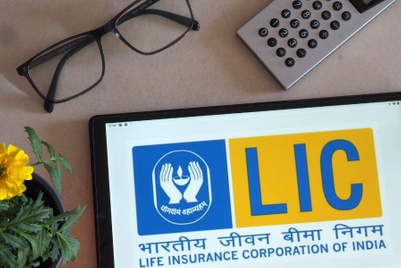
Patanjali Ayurved continues to face the wrath of the Supreme Court in its misleading advertising case.
The ongoing legal battle has put the spotlight on advertising practices within India's health and wellness sector. Founded by Baba Ramdev and managed by Acharya Balkrishna, Patanjali has been under fire for its controversial advertising claims, with the company accused of promoting its products as definitive cures for various health conditions—including infertility, diabetes, and asthma—without scientific backing. It's also alleged to have positioned its product, Coronil, as a cure for Covid-19, raising public health concerns.
These actions have led to significant legal scrutiny, as such claims not only mislead consumers, but also pose potential risks to public health.
Overview of case timeline
-
November 2023: The Supreme Court of India issued a warning to Patanjali Ayurved of a INR 1 crore fine for publishing misleading advertisements. these ads promoted their products as a permanent cure for some ailments without any evidence and deprecated medical science. Despite assurances to the court, the company continued.
-
February 2024: A contempt notice was issued, and a temporary ban on ads was placed by the court.
-
April 16, 2024: The Supreme Court of India ordered Ramdev and Balkrishna to appear before the court and clarify misleading advertisements about medicinal and "magical" cures. The court ordered the company to publish an apology.
- April 23, 2024: The court criticised the company for the tiny size of the apology and questioned whether it matched the size of the full-page and half-page advertisements previously published.
Recent developments
During this week's hearing, Ramdev and Patanjali's managing director, Acharya Balkrishna, assured the court that they would publish an unconditional apology in national newspapers. However, in the hearing held on April 23, the court questioned whether the apology published in 67 newspapers matched the size of their earlier misleading advertisements.
The court expressed its displeasure at the tiny size of the apology published by the company, stating that it should match the full-page or half-page misleading advertisements previously published. Following this, Ramdev assured that they would issue larger apologies to the nation for deceptive advertisements that could threaten public health and the healthcare system.
Broader implications for ministries and misleading marketing practices
The Apex Court has also criticised the Union Government for its laxity and urged immediate action to safeguard vulnerable groups from deceptive marketing practices.
Key government ministries are being consulted in the ongoing case. Consumer Affairs and the Ministry of Information and Broadcasting have been tasked with addressing the court's concerns about regulatory measures. The court explicitly stated that it is not here to target a particular party but to protect consumer interests, emphasising their right to know if they have been misled and what measures they can take.
The Court has also asked the Indian Medical Association, the petitioner in the case, to keep its house in order. It questioned why they should not turn their attention towards them as there have been several complaints about its alleged unethical conduct in endorsing and recommending expensive medication.
The Supreme Court made the Union Ministries—the Information and Broadcast Ministry, Ministry for Consumer Affairs, and drug commissioners of all states and Union Territories (UTs)—a party in this matter, raising questions about the advertisements of healthcare products and the dominance of commercial interests in medical practices.
The Supreme Court also rebuked the fast-moving consumer goods (FMCG) companies, stating that they were taking consumers for a ride by advertising products that negatively affect the health of babies, school-going children, and senior citizens.
Finally, the Court has asked for an explanation from additional solicitor General KM Nataraj, appearing for the Centre, on the recommendation made by the Ayurvedic Siddha and Unani Drugs Technical Advisory Board (ASUBTAB) for the omission of Rule 170, which dealt with controlling inappropriate advertisements and was previously brought into the central government-notified amendment of the Drugs & Cosmetics Rules, 1945, in December 2018.
What’s next?
The Supreme Court is set to reconvene on April 30. It has summoned Baba Ramdev and Acharya Balkrishna to further clarify their advertising practices. The court has also instructed Patanjali's legal team to prepare by gathering actual newspaper clippings of both the misleading advertisements and the published apologies to ensure they meet the court's requirements for visibility and scale.


.jpg&h=334&w=500&q=100&v=20250320&c=1)















.jpg&h=268&w=401&q=100&v=20250320&c=1)
.jpg&h=268&w=401&q=100&v=20250320&c=1)
